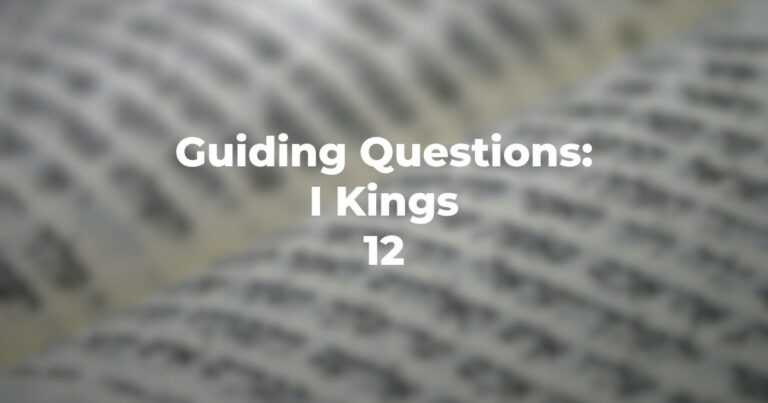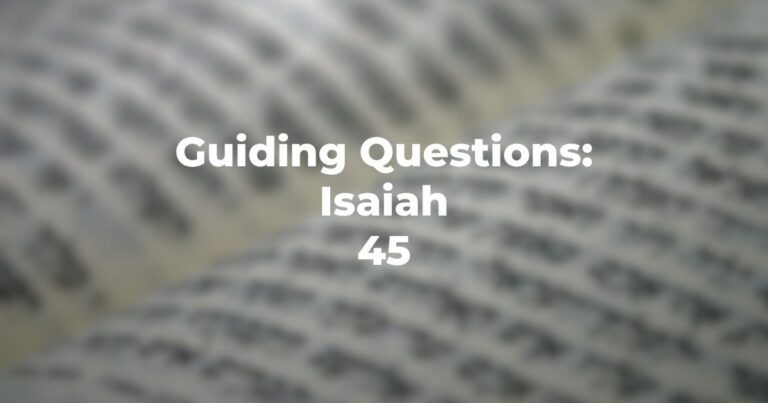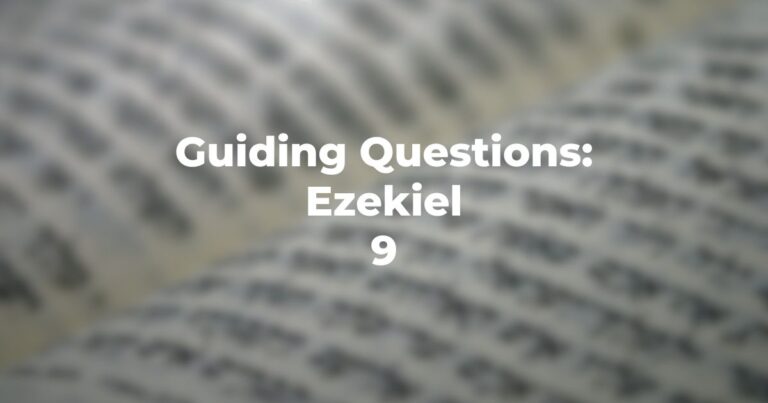- The first term for connubial relations used in the TorahRefers to the first five books of the Hebrew Bible, the Tanakh, also called the Five Books of Moses, Pentateuch or the Hebrew equivalent, Humash. This is also called the Written Torah. The term may also refer to teachings that expound on Jewish tradition. Read more is “yada” which means “to know”. Would this have any relationship to the term “etz hadaat …” which is the tree of the knowledge of good and evil?
- How is one to explain the expression “I have acquired a male (son) with or with the help of God”?
- Is there any explanation as to when the notion of “bringing gifts to Divinity” might have been established (Genesis 4:3-4)?
- In this particular description, is the shepherd or the farmer favored?
- Please read the end of Genesis 4:7, representing a quote from Divinity to Cain and then compare it to Genesis 3:16. Does the phrase carry the same weight in both cases and have the same meaning?
- Does the text indicate what Cain might have said to Abel and what – if anything – the response was?
- In Genesis 4:, is Cain’s reply meant to be arrogant or simply inquiring?
- How is the earth described in Genesis 4:10-11 – in natural or somewhat mythical terms?
- How explain the dialogue between a “murderer” and Divinity, unless the purpose of the dialogue is instructive in terms of punishment which draws back from the most severe because of the ignorance of the murderer?
- According to Genesis 4:15, then, is the “mark of Cain” one that singles him out for attack or one that singles him out for protection?
- Genesis 4:19 describes Lamekh and his descendants and the origin of certain metalurgical skills – but concludes with an observation which parallels Genesis 4:15. Is the text implying or explicating a genetic transmission in terms of the proclivity to murder?
- What is Eve’s reaction to the birth of a third child (Seth)?
- What does the text mean, Genesis 4:26, when it says Eve and Adam’s grandchild, Enosh (son of Seth) lived at a time when “people began to call in the name of, or by the name of, God (the tetragramaton)? Had not that particular name been used in previous chapters?
Author
-

Exploring Judaism is the digital home for Conservative/Masorti Judaism, embracing the beauty and complexity of Judaism, and our personal search for meaning, learning, and connecting. Our goal is to create content based on three core framing: Meaning-Making (Why?), Practical Living (How?), and Explainers (What?).
View all posts





